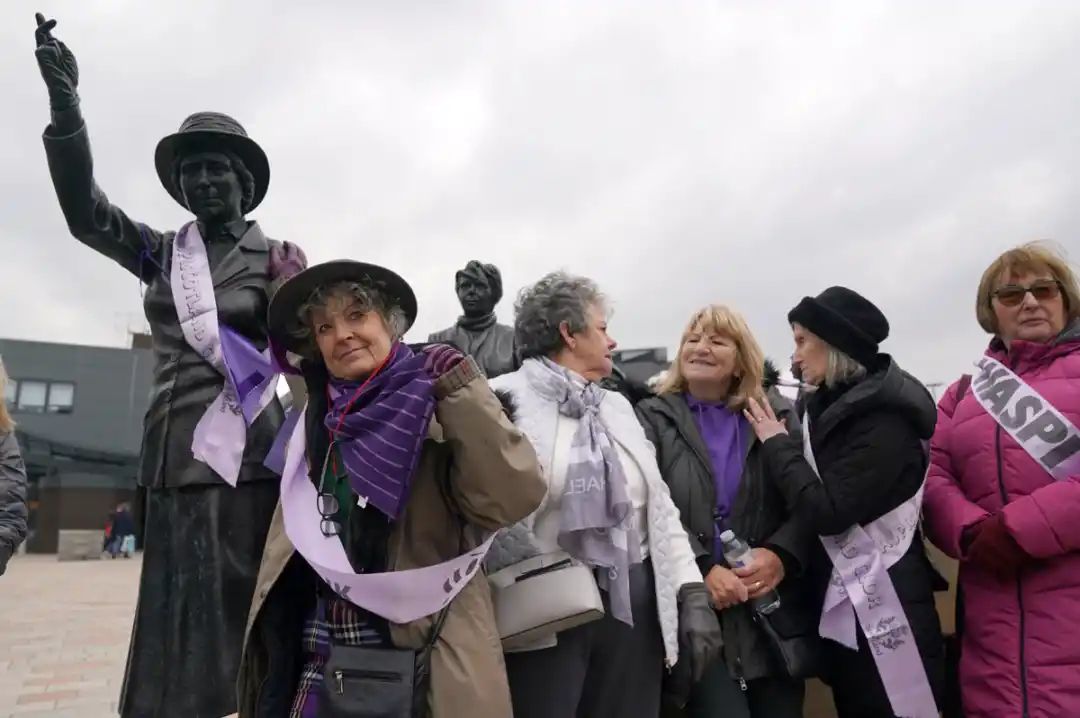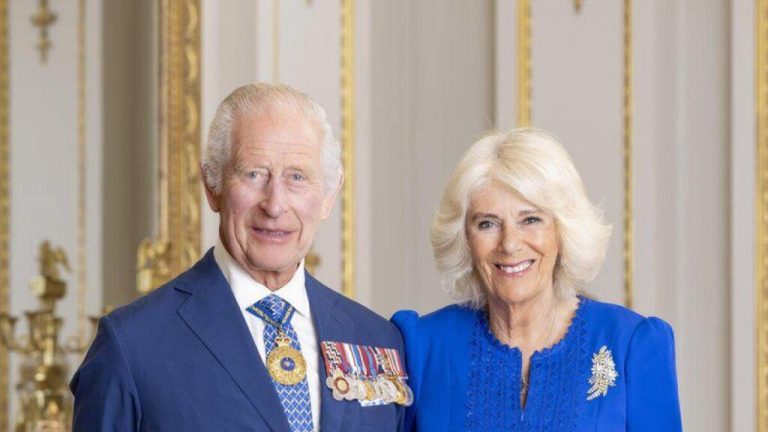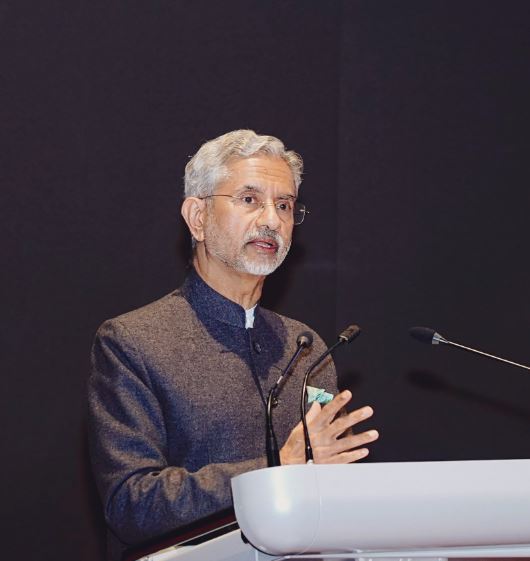Women hit by state pension age rise must be compensated now, landmark report says
The Parliamentary and Health Service Ombudsman (PHSO) criticised the department for work and pensions (DWP) for leaving women in the dark over the changes, adding that it had refused to acknowledge its failings nor put things right for those affected.
But, despite the clear message that the government should issue compensation, the ombudsman said the department had indiciated that it would not comply with the recommendation, a stance which it deemed as “unacceptable”.
It has urged Parliament to intervene and hold the DWP to account to ensure the payouts are made.
PHSO chief executive Rebecca Hilsenrath said: “The UK’s national ombudsman has made a finding of failings by DWP in this case, and has ruled that the women affected are owed compensation.
“DWP has clearly indicated that it will refuse to comply. This is unacceptable. The department must do the right thing and it must be held to account for failure to do so.
“Complainants should not have to wait and see whether DWP will take action to rectify its failings.”
Campaigners have long fought for justice for women who they say have lost out due to the change in pension age and need compensation after their retirement plans were plunged into chaos.
The 1995 Pensions Act and subsequent legislation raised the state pension age for women born on or after April 6 1950.
But many women say they weren’t properly informed about the changes, leading to stress, anxiety and vast losses of money, with some having to use foodbanks or sell their houses to survive.
The Women Against State Pension Inequality (WASPI) group have claimed that the injustice may have affected more than 3 million women, and estimated that more than 250,000 have died before receiving compensation.
The ombudsman report mentioned the case study of “Ms U”, who had not been informed by the government that she would claim her state pension six years later than previously thought.
The revelation meant she had to reduce her outgoings by £5,000 per year and cut back significantly on her household expenditure.
The report says: “Ms U told us that since finding out her State Pension age had changed, she and her partner have done all they can to reduce their spending and increase their savings to offset the loss of the State Pension they had expected to get at 60.
“This has included spending economically on food and freezing meals, buying second-hand clothing, moving from a private to an NHS dentist, stopping leisure activities and socialising with friends, not taking holidays or celebrating key life events, and not getting a new pet.”
The report added: “She said they have to budget constantly, which is stressful. She told us the ‘stress and anxiety’ of the situation is ‘enormous’. She feels her and her partner’s choices have been ‘denied’ and their social life has been affected.”
The ombudsman investigated complaints that, since 1995, DWP has failed to provide accurate, adequate and timely information about areas of state pension reform.
The ombudsman said the DWP had failed to provide “accurate, adequate and timely information” to those affected by the state pension age changes and had failed to “offer any apology or explanation for its failings and has indicated it will not compensate women affected by its failure.”
It added that DWP’s “handling of the changes” meant “some women lost opportunities to make informed decisions about their finances. It diminished their sense of personal autonomy and financial control.”
Ms Hilsenrath added: “Given the significant concerns we have that it will fail to act on our findings, and given the need to make things right for the affected women as soon as possible, we have proactively asked Parliament to intervene and hold the department to account.
“Parliament now needs to act swiftly, and make sure a compensation scheme is established. We think this will provide women with the quickest route to remedy.”
The ombudsman has been investigating the issue for five years with the first stage, published in 2021, saying the government was slow in informing women how they would be affected by the change.
The report has recommended compensation, suggesting that individuals who were spoken to during the investgation would be entitled to a payment of between £1,000 to £2,950, according to ombudsman compensation scales.
WASPI chairwoman Angela Madden told the BBC: “I’m appalled the Department of Work and Pensions just don’t accept they have done something wrong. It’s disrespectful to all the women.”
She said WASPI women are not asking for a change or reversal in legislation, but added: “We are asking for fair compensation for the injustices we suffered.”
Responding to the report, Liberal Democrat Chief Whip Wendy Chamberlain MP called the WASPI women “courageous” and said they support their call for compensation: “These courageous women, who have tirelessly campaigned for justice after being left out of pocket, deserve our admiration for their persistence.”
She added: “Liberal Democrats have long supported WASPI in their campaign and it is now up to this Conservative Government to come forward with a plan to get these women the compensation they are owed.”
Labour’s race adviser accuses Keir Starmer of ‘not listening’ to her
Lords’ latest defeat of Rishi Sunak’s Rwanda bill delays it past Easter
Starmer pokes fun at Sunak’s ‘cringey’ chores video with wife Akshata Murty
Former Gogglebox star selected as Labour candidate at general election
Majority of parents want ban on smartphones for children under 16






